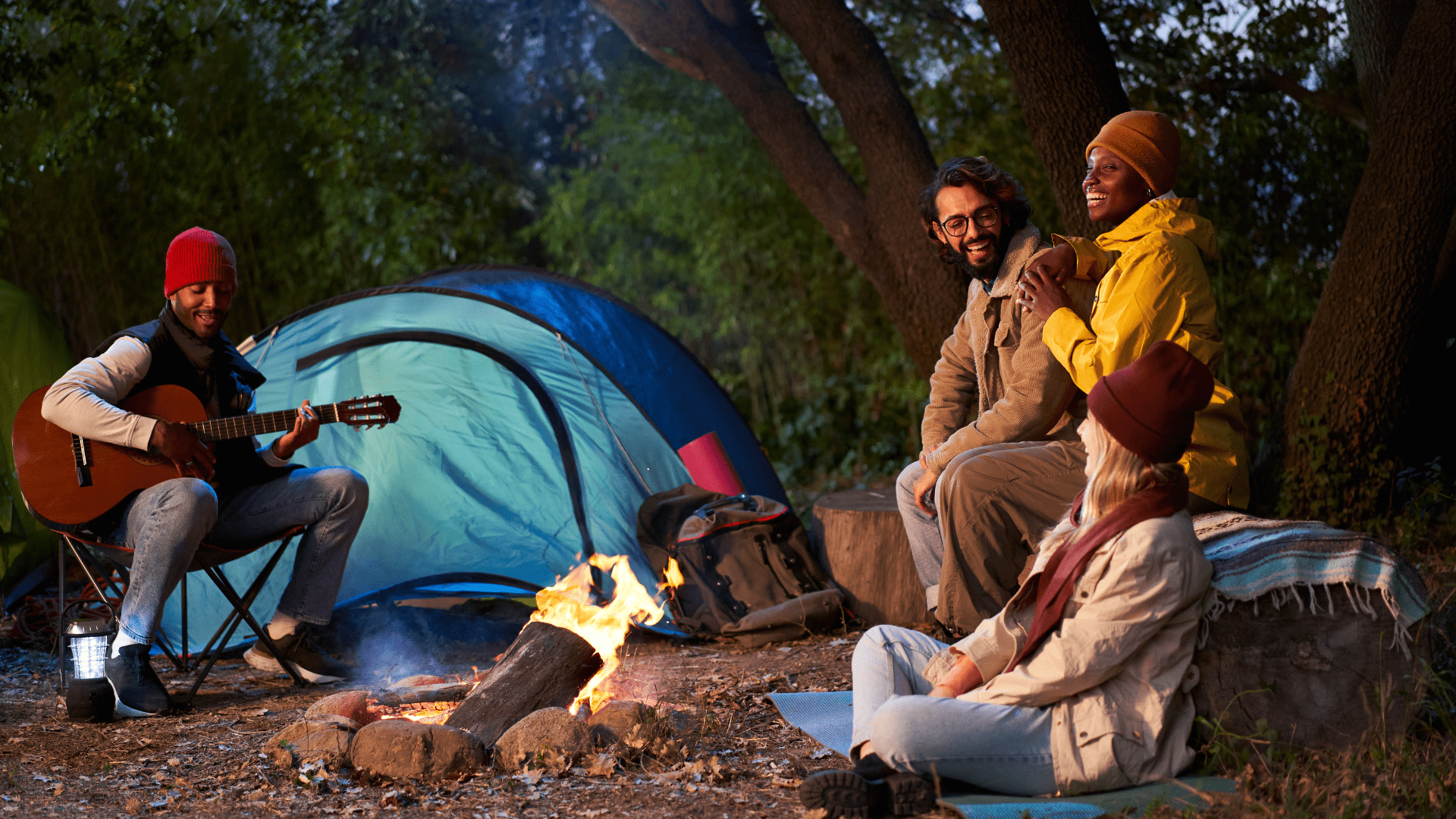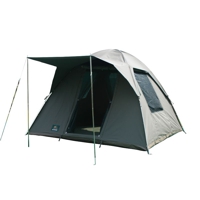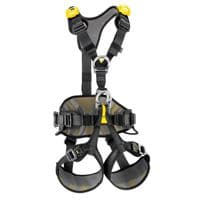Uncategorised
The Benefits of Outdoor Recreation: Why Camping Is Good for Your Health
In a world increasingly driven by screens and digital connectivity, the allure of outdoor recreation like camping and climbing continues to captivate adventurers. Why do people choose to pitch a tent in the wilderness or challenge themselves on rocky terrains when modern life offers so many conveniences? As more individuals seek an escape from the relentless pace of urban living, the benefits of immersing oneself in nature therapy and embracing adventure travel have become undeniable. From reducing stress and improving mental health to fostering community through shared experiences, camping and climbing are more than just hobbies—they’re integral to holistic well-being.

In South Africa, these outdoor activities have woven themselves into the cultural fabric. With majestic landscapes like the Drakensberg mountains and the stunning coastlines of the Western Cape, adventurers can explore a unique blend of physical challenges, mental relaxation, and scenic beauty.
Recent studies and scientific research have shown that spending time in nature can significantly improve mental health and reduce burnout, providing concrete evidence of the therapeutic effects of outdoor recreation. Stress Reduction: Research conducted by Stanford University demonstrated that walking in nature reduces rumination (repetitive negative thoughts) and improves mood. Participants who walked through green spaces reported lower activity in the brain region associated with mental illness, compared to those who walked through urban environments.
- Decreased Burnout: Studies from the University of Michigan revealed that exposure to nature or even viewing pictures of natural environments enhances cognitive function and reduces symptoms of mental fatigue. Health care professionals and corporate employees who regularly spent time outdoors reported reduced burnout symptoms.
- Boosted Immune System: A Japanese study on “forest bathing” (spending time in wooded areas) showed that it can increase immune system strength by boosting the production of natural killer cells, known for their role in fighting off infections and diseases. Improved immune health can further contribute to mental well-being by reducing the burden of physical illnesses.
- Improved Attention and Focus: Nature therapy has been shown to help those with attention deficits. Children with ADHD who spend time in natural settings exhibit improved concentration and attention spans. Similarly, adults who engage in outdoor activities like hiking or climbing often report enhanced focus and productivity afterward.
- Reduced Anxiety and Depression: The University of Essex conducted a study revealing that 90% of participants felt improved self-esteem and reduced anxiety after participating in outdoor activities. The combination of exercise and fresh air has been shown to increase endorphin levels and overall happiness.
These findings highlight the tangible benefits of engaging with nature. Whether through camping, hiking, or rock climbing, outdoor recreation provides an effective way to improve mental health, decrease burnout, and foster a healthier lifestyle.
The Modern World vs. Nature

In our digitally saturated lives, finding respite from the constant influx of notifications and the pressure to stay connected can feel almost impossible. The idea of intentionally disconnecting from devices and immersing ourselves in nature has never been more appealing. Whether trekking through the pristine wilderness or challenging oneself on rocky terrain, these outdoor activities provide a unique digital detox that promotes mental health by reducing stress and anxiety.
The shift toward outdoor recreation reflects a yearning for simplicity and mindful living. Wilderness camping, with its emphasis on minimalism and slowing down, invites participants to focus on essential tasks like setting up camp, preparing meals, and exploring the beauty of nature. By immersing themselves in outdoor sports and adventure travel, many adventurers find clarity, peace, and a renewed sense of purpose that translates to improved productivity and overall mental wellness. The physical fitness gained through rock climbing or hiking to remote campsites further enhances the mind-body connection, leaving participants feeling more centered and in tune with themselves. Ultimately, the time spent in nature can have a profound and lasting impact on one’s mental health, reinforcing the idea that disconnecting digitally leads to meaningful reconnection with oneself and the environment.

Benefits of Camping in South Africa
Camping in South Africa offers an array of health benefits, both physical and mental. The country’s varied landscapes, ranging from the lush forests of the Garden Route to the rugged terrain of the Drakensberg mountains, present unique opportunities for outdoor fitness. Hiking, fishing, canoeing, and rock climbing keep adventurers active while immersing them in stunning scenery. These physical activities promote cardiovascular health, enhance muscle strength, and increase overall endurance, providing a holistic fitness experience that no indoor gym can replicate. The fresh air and physical exertion combine to release endorphins, the body’s natural mood elevators, reducing symptoms of anxiety and depression. The simplicity and mindfulness that come from being surrounded by serene natural landscapes provide a mental reset, improving clarity and overall mental wellness.

Camping provides a perfect environment for quality time with loved ones, encouraging meaningful conversations and shared experiences. There’s nothing quite like sitting around a campfire under a star-lit sky or enjoying a meal together after a rewarding hike. South Africa’s scenic destinations and diverse landscapes provide countless opportunities for families and friends to bond over outdoor adventures. Shared camping challenges—like setting up a tent, cooking outdoors, or finding the best trail—foster teamwork, problem-solving, and camaraderie. Whether it’s a weekend at a national park or an extended journey through the wilderness, group camping builds lasting memories and strengthens relationships.
Benefits of Camping:
- Improves cardiovascular health, muscle strength, and sleep quality.
- Reduces stress and anxiety while improving mood and creativity.
- Strengthens relationships through shared outdoor activities and teamwork.
- Promotes mindfulness, mental clarity, and self-reflection.
- Provides a digital detox, helping disconnect from digital distractions.
- Deepens appreciation for nature and encourages sustainable tourism.
- Builds problem-solving skills, resilience, and confidence.
An Affordable Holiday Option for Families

Camping stands out as a budget-friendly alternative for families seeking memorable holidays. With the rising costs of accommodation, dining out, and leisure activities at popular tourist destinations, camping provides an affordable way to immerse oneself in nature while bonding with loved ones.
- Reduced Accommodation Costs: Camping allows families to forego expensive hotels or resorts, opting instead for more economical camping grounds or national parks where entry fees are often minimal. Many campsites offer amenities like restrooms, showers, and communal cooking areas at a fraction of the cost of traditional lodging.
- DIY Meals and Activities: Instead of dining at restaurants, families can prepare their own meals over a campfire or portable stove, minimising food expenses while adding a fun, communal element to the trip. Outdoor activities like hiking, fishing, canoeing, and wildlife spotting are often free or have nominal fees, providing plenty of entertainment without breaking the bank.
- Flexibility in Planning: Camping offers a range of choices, from basic tent setups to campervans and glamping, making it adaptable to different budgets. Families can choose sites closer to home, reducing travel expenses, or plan extended stays in scenic locations, maximising value for money.
- Shared Resources: When camping as part of a group or with extended family, resources can be pooled to share the costs of tents, gear, and communal meals, further reducing individual expenses.
Overall, camping provides an inclusive and affordable way for families to explore South Africa’s diverse landscapes, creating cherished memories without the financial burden that often accompanies conventional holidays.

Conclusion
Camping and climbing offer a multitude of benefits that extend far beyond the thrill of adventure. In today’s fast-paced digital world, these activities provide a necessary escape, fostering both physical and mental health improvements while encouraging meaningful connections with friends, family, and nature. As a cultural phenomenon in South Africa, outdoor recreation embodies the spirit of Ubuntu, inviting individuals to embrace teamwork and community amidst the stunning landscapes of national parks and scenic coastlines.
By choosing camping as a holiday option, families can affordably immerse themselves in a world where shared challenges foster resilience, creativity flourishes in simplicity, and natural beauty rejuvenates the spirit. Whether through a peaceful night under the stars, scaling rocky terrains, or sharing stories around a campfire, camping and climbing help people reconnect with themselves and their environment, leaving them with treasured memories and a renewed sense of purpose.
So, pack your gear, set out for the wild, and discover the unparalleled joy of outdoor adventures. Embrace the journey, embrace the challenge, and immerse yourself in the tranquility and unity that only nature can provide.










